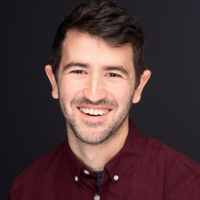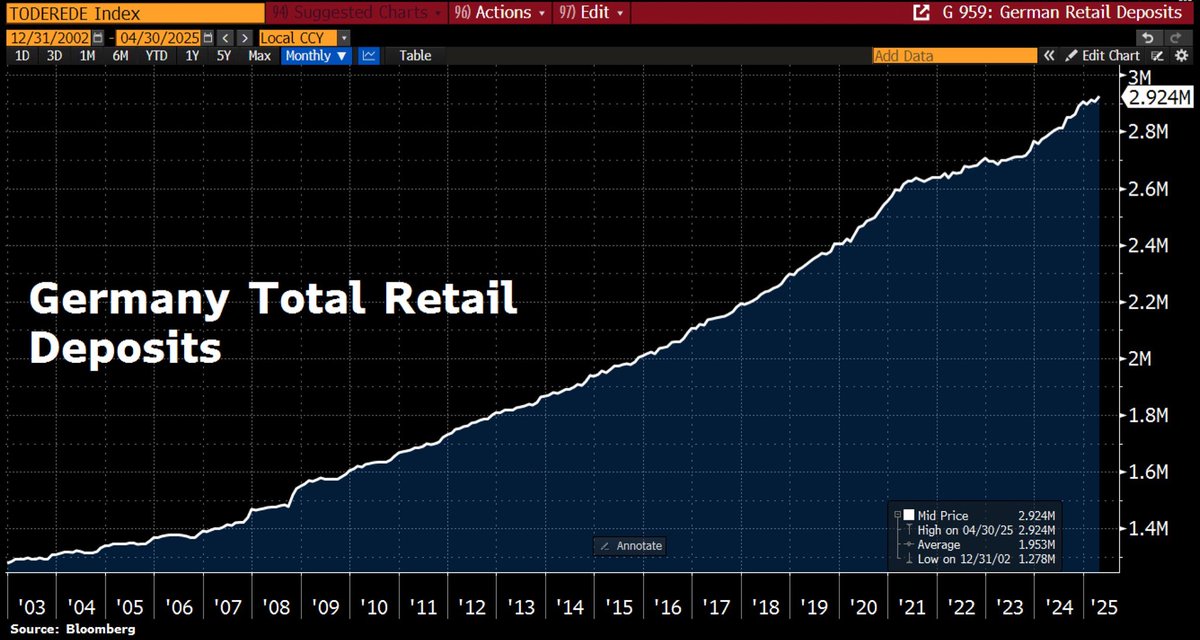
Your man on the inside
@insidertakes
Caustically optimistic.
ID: 537507873
26-03-2012 17:56:36
11,11K Tweet
5,5K Takipçi
1,1K Takip Edilen








Another exciting DEI initiative from University of Waterloo : Share your pronouns! Buttt .... 1. Pronouns cannot be more than "60 characters" 2. Using the (publicly posted!) pronouns without first getting permission can "devastate" people 3. "Mocking" this exciting system = DEI




Cool coverage in Nature of the Medical Evidence Project, a new initiative that Open Philanthropy is supporting to root out flawed and fake medical papers.












